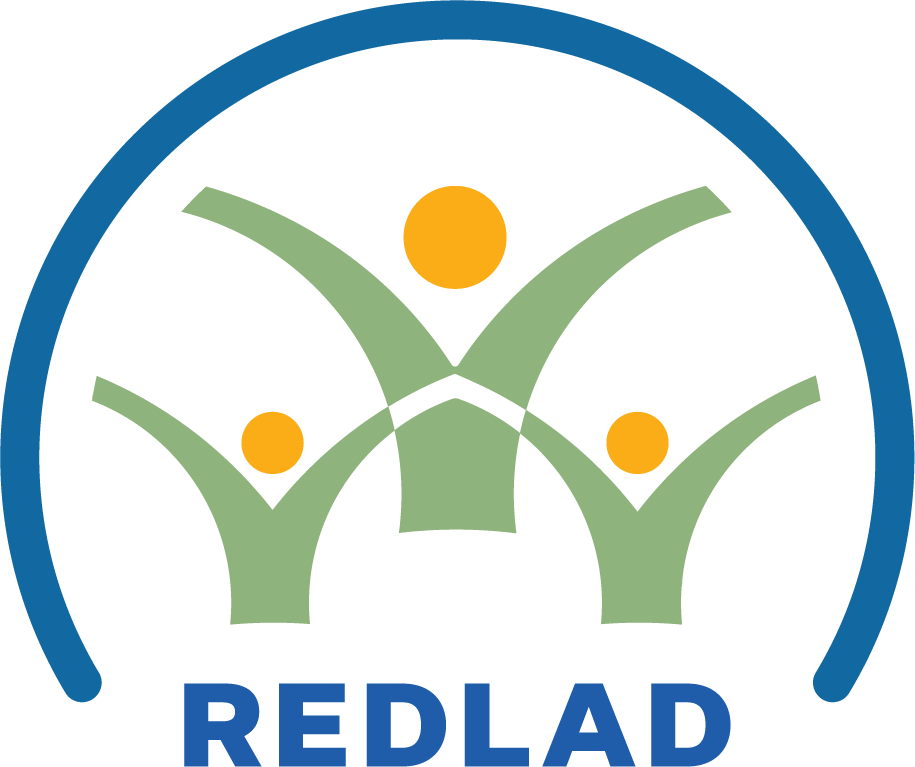I) International Steering Committee participation in the 6th Executive Committee Meeting:
In the 5th EC meeting, the chair of the Civil Society Pillar made a request to report on the Civil Society Pillar’s activities in the following meetings. On 21st June, in the 6th Executive Committee meeting, chair Enrique De Obarrio briefed EC members on the Renewal Process visits, three of which have been completed to the UK, Norway and Estonia and the remaining two are being prepared for July to Guatemala and Argentina.
On this opportunity, the experience of the Renewal Processes and each of the missions that were carried out was shared. The following changes to the process were also proposed: (i) to organise during the renewal visit the meeting with the civil society organisation first and then with the authorities. (ii) consider the possibility of meeting with representatives of the courts, representatives of the private sector and the media. The chair of the Civil Society Pillar also reported on the activities of its members in Geneva and their participation in events held by the Working Group on Enabling and Protecting Civil Society and the WG on Democracy and Technology. The chair also talked about the meeting to be held in Panama City from 31st July to 1st August.
II) CoD Enabling and Protecting Civil Society Working Group meeting:
On 28th June, Redlad, as the Chair and Secretariat of the CoD Civil Society Pillar, participated in the meeting of the CoD Working Group on Enabling and Protecting Civil Society. This meeting aimed to present a global civic space monitoring tool aimed at using technology to do a desktop and media review to feed reports to each of the countries that are part of this monitoring. At the same time, the case of Kazakhstan and Angola was shared. In the case of Kazakhstan, civil society, media and activists live in a closed civic space. There is evidence of persecution of the media, CSOs. In the case of Angola, a draft NGO law is being promoted with the justification of combating money laundering and terrorism, and they are beginning to monitor and limit the resources that civil society organisations receive.

